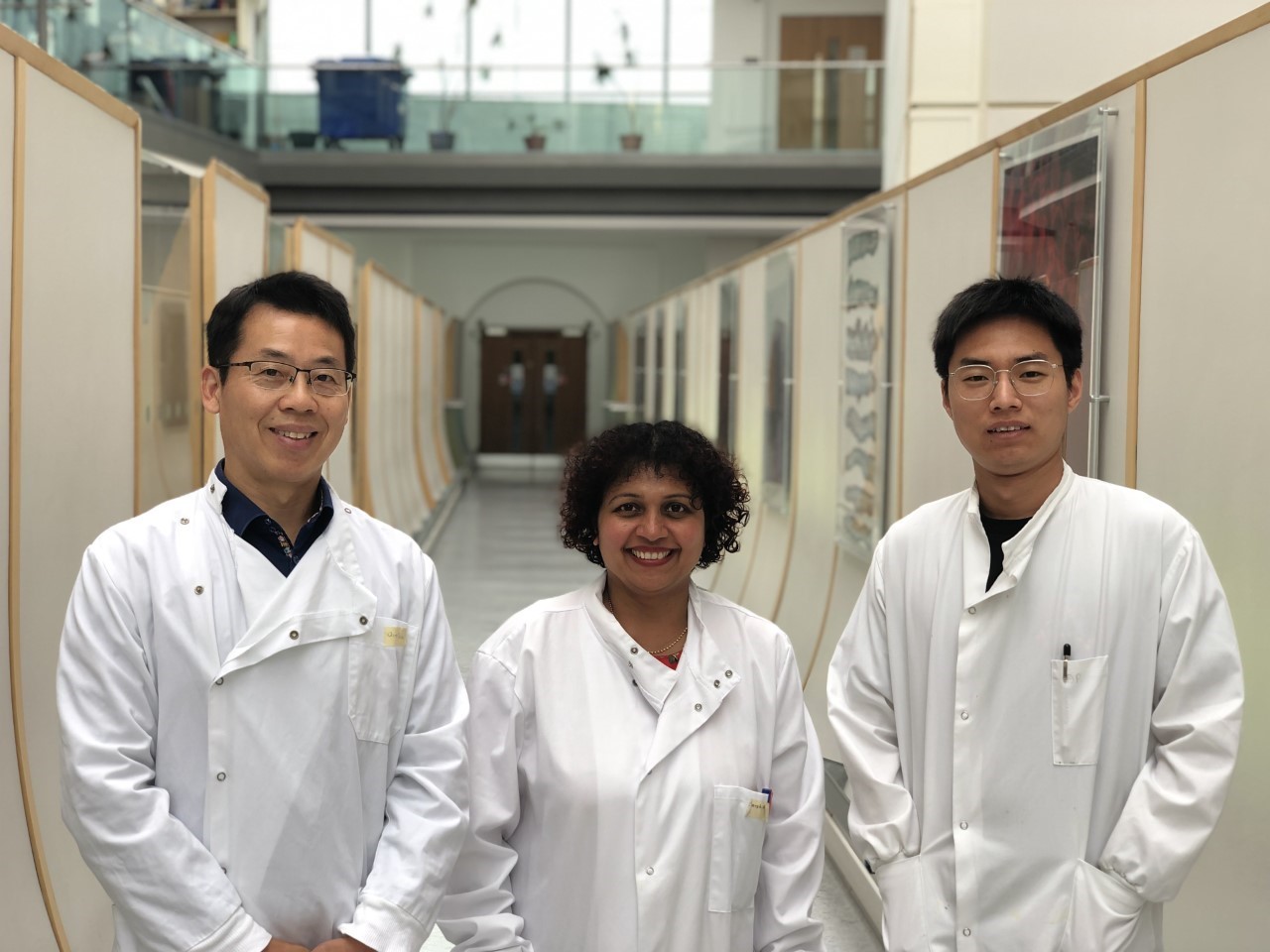In these blogs, we explore some of the biggest topics in breast cancer research. One of those topics is how the body’s biological clock is involved in breast cancer.
In these blogs, we explore some of the biggest topics in breast cancer research. And look at how researchers are working to improve the lives of those affected by breast cancer.
We need to find new and better ways to treat breast cancer. One area that has been of great interest to researchers is how the body’s biological clock is involved in breast cancer.

How the body keeps its rhythm
The biological clock, also called the circadian rhythm, is a vital part of life. It allows our bodies to know what time it is. Many different species rely on this biological clock to adapt to changes between night and day. For instance, the body clock can tell a mouse to hide during the day to avoid predators. Or, to go out scavenging for food at night.
In our bodies, it allows cells to time important processes like growth and repair, to a 24-hour day. This helps make sure that our bodies are as efficient as possible.
Scientists are interested in seeing how it is involved in cancer. In some cancer cells, the biological clock can be disrupted. This can lead to changes to certain genes and proteins that benefit cancer.
We believe that understanding how this occurs could lead to new treatments. It could also improve existing treatments for breast cancer, which is why we’re funding Professor Qing-Jun Meng and his team’s latest project.
Unlocking the secrets of the biological clock
Qing-Jun is working to understand what role the biological clock plays in oestrogen receptor positive (ER+) and HER2 negative breast cancers. He believes that this type of cancer may not have a normal working biological clock and that it could hold the secrets to finding better treatments or improving existing ones.
The team are looking at samples donated by breast cancer patients. Using special techniques and artificial intelligence, they’ll look at the genes and molecules that are involved in the biological clock. They believe that this information could help improve the timing of existing treatments and develop new ones.
They are using mouse models of breast cancer to look at the behaviour of breast cancer cells. The team want to see how the cancer cells grow or spread, and how they respond to certain treatments. This could lead to new drugs or seeing if treatments could be more effective if given at a certain time.
Who could this help?
This research could help people like Amy, who was diagnosed with breast cancer three years ago. Amy was 25 when she found a lump in her breast in 2019. Given her age and no family history of breast cancer, Amy’s GP felt it was unlikely to be a tumour due to her age and no family history of breast cancer. They referred her to the local breast clinic in Durham for reassurance.
“I had various scans and biopsies on the lump, and I was called back to the hospital with my mother and partner where I was told the news, something that no one wants to hear. I was diagnosed with stage 2, grade 3 ER positive and HER2 positive breast cancer.”
Research like Qing-Jun’s gives hope to people like Amy. Understanding how the biological clock is involved in breast cancer could help improve existing treatments.
'After surgery and chemotherapy, there were times when I thought that life would never return to normal. Hearing the diagnosis when I was so young was just devastating which is why research like this funded by Breast Cancer Now is so badly needed. Yes, we need new treatments, but it would be tremendous if we found that we could make existing drugs more effective simply by taking them at a particular time of day.'
There were times, Amy admits, when she feared life would never return to normal. But with the support of her partner Kieran and her son Dylan, she's recovered – and even got married once the pandemic rules were relaxed.

Research projects like this are important steps towards the best possible treatments and support for people affected by the disease.
Whatever you’re going through. Whoever you are. We’re here.